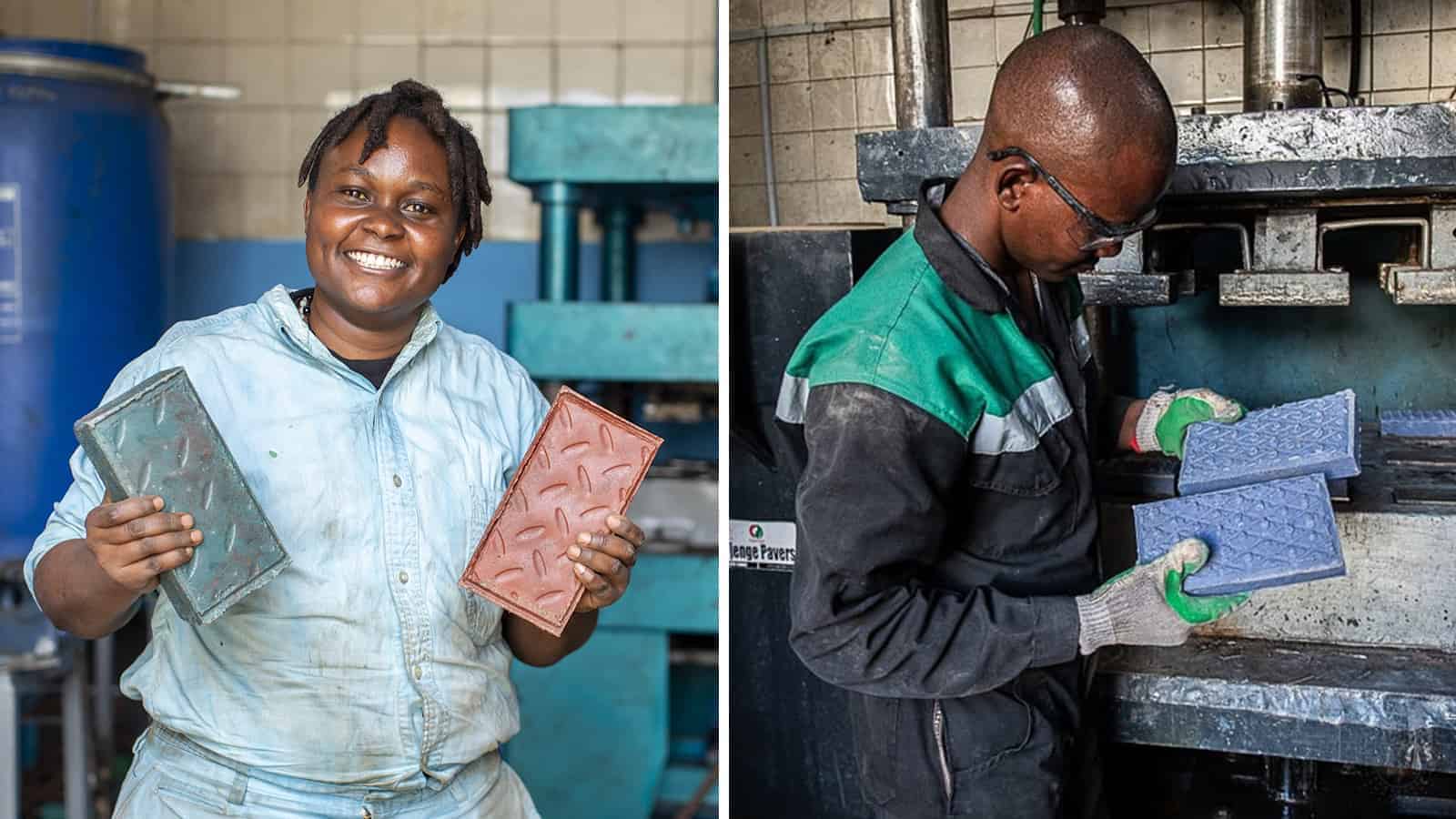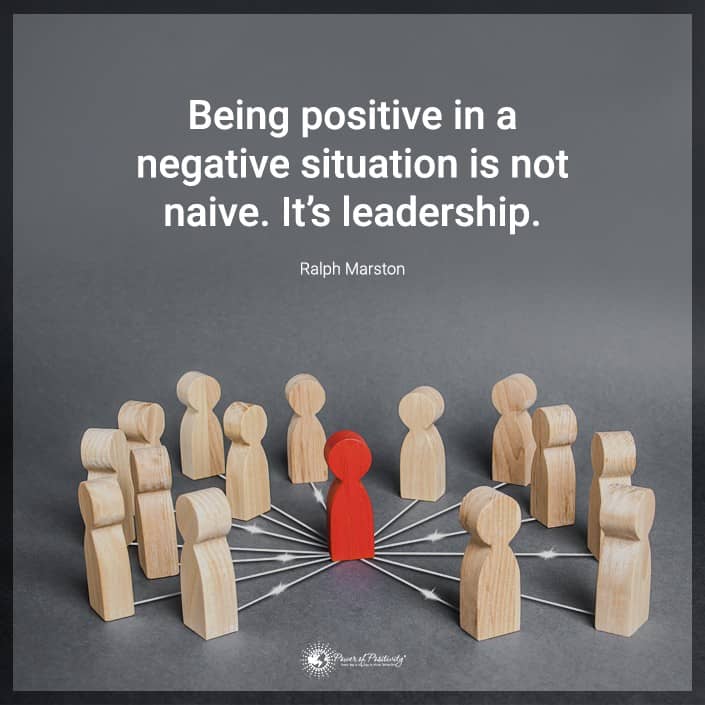An innovative engineer from Kenya transformed plastic headed for landfills into durable building materials. Nzambi Matee, an entrepreneur and materials engineer, felt inspired to reduce plastic pollution in her country. Gjenge Makers turns plastic waste from commercial facilities into bricks that can hold twice the weight threshold of concrete. Based in Nairobi, Kenya, the innovative company hopes to tackle the huge plastic waste pollution problem in the country. A study by the National Environmental Management Agency (NEMA) discovered plastic in over 50% of cattle’ stomachs in Kenya’s urban areas. To remedy this, the Kenyan government prohibited the use of plastic bags beginning in 2017. They also enacted a ban on single-use plastic in protected natural areas in 2020. Unfortunately, commercial waste continues to cause problems in Kenya since the bans only apply to consumers. Nzambi told Reuters reporters that she got “tired of being on the sidelines” and came up with her own solution. With a background in materials engineering, she designed bricks composed of recycled plastic and sand. She then compressed and heated the materials to develop a durable, eco-friendly concrete alternative. Because of the plastic’s fibrous structure, it weighs much less than concrete; it’s surprisingly much stronger, too. Matee told Reuters about her innovative company’s pavers and bricks:
“Our product is almost five to seven times stronger than concrete.”
To obtain plastic, she buys some from recycling companies and gets the rest for free from local packaging factories. She says that currently, the Gjenge Makers factory can produce a maximum of 1,500 bricks each day.
The company makes bricks from a variety of plastics. These include:
- high-density polyethylene, commonly used in items like milk and shampoo bottles;
- low-density polyethylene, often used in bags for cereal or sandwiches;
- and polypropylene, used for ropes, flip-top lids, and buckets.
However, she doesn’t utilize polyethylene terephthalate or PET, often used for plastic bottles.
What the innovative company has accomplished so far and plans to do in the future
The company offers pavers for both commercial and residential purposes. For commercial uses such as roads and areas with heavy machinery, companies can choose the heavy-duty 60 mm paver. The moderate duty paver measures 40 mm thick and can serve commercial areas as well. The 30 mm light-duty paver is more suitable for residential patios and footpaths. Twice the strength of concrete, the light-duty paver comes in many different colors that can be used in making home great designs like sunroom enclosures.
While the company got its start only four years ago, it’s already recycled around 20 tons of plastic since then. It also created 120 jobs in Nairobi, which boosts the economy in the area. Also, Gjenge Makers’ bricks are an affordable option compared to others on the market. They cost around $7.70 per square meter, compared to about $98 per square yard for concrete in the U.S. Matee wants to triple capacity by adding another larger production line. She also hopes to break even by the year’s end. She started the factory once she realized the government wouldn’t take action on the plastic pollution issue. Innovative people like Matee give us hope for the future, and remind us that we can make a difference. If you’d like to find out more about Gjenge Makers, check out their website or YouTube channel.
Plastic pollution problem in Kenya compared to developed nations.
Most people have become aware of the growing plastic pollution crisis all over the world. However, developing countries such as Kenya often suffer the most because of massive exports from western nations. Not to mention, countries like Kenya have been expanding their plastic industry due to a lack of viable alternatives. In wealthier nations like the U.S., other options are more accessible. Poorer nations like Kenya also lack the infrastructure to manage plastic waste properly. They also don’t have the funds to export it to other nations for processing, so these countries become overburdened. Plastic ends up littering waterways, roads, fields, and animal habitats. It even ends up in the front yards of people’s homes and animal feeds. Even though Kenya has strict laws against plastic pollution, lack of oversight and proper waste management exacerbates it.
Kenya cannot enforce the littering laws they have on the books.
Kenya passed a law that prohibits the production, selling, or use of plastic bags. Violators can face up to four years in prison or a $40,000 fine. Before the ban went into effect in 2017, Kenya produced about 4,000 tons of plastic each month. Supermarkets alone offered around 100 million bags to customers, and only half of them ended up in the trash. This means over 50 million bags entered waterways, roads, or other areas, which pose a risk to people and wildlife. In fact, about three out of ten animals in Kenya’s slaughterhouses had plastic in their stomachs. Also, plastic bag accumulation in places like Kibera, a Kenyan slum, led to several million micro-habitats for mosquitoes to breed. In turn, malaria cases increased dramatically due to illegal littering and dumping of plastic and other trash. Because of these devastating consequences, the Kenyan government finally took action on the plastic problem. However, innovative entrepreneurs like Matee know that citizens must do their part as well. We can’t just leave the problem for government officials to solve. Of course, reducing the consumption of plastic products will have the largest effect. However, recycling and reusing plastic, as Gjenge Makers does, also positively impact the environment.
Final thoughts: an innovative company in Kenya turns plastic into building materials
Gjenge Makers, a building material company in Kenya, transforms plastic waste into bricks for commercial and residential use. The company got started in 2017, recycling around 20 tons of plastic to date. It also helped the local economy by creating 120 jobs. Unfortunately, developing countries like Kenya bear the brunt of the plastic problem due to inadequate infrastructure. Not to mention, wealthy countries export plastic to these nations, compounding the pollution issue. However, it seems that countries around the world, including the U.S., now understand the severity of the problem. Hopefully, in the future, we can create all products using repurposed plastic or other safer alternatives.















 Community
Community

